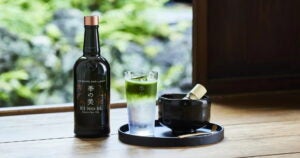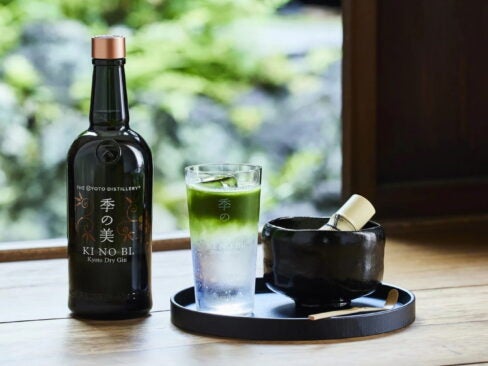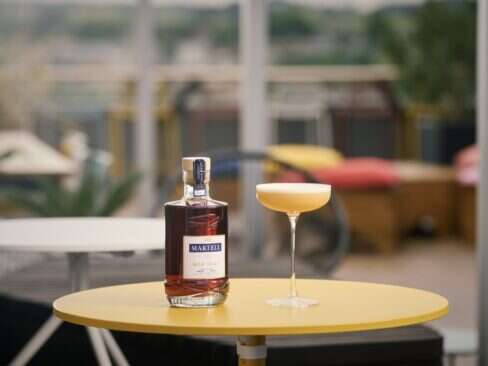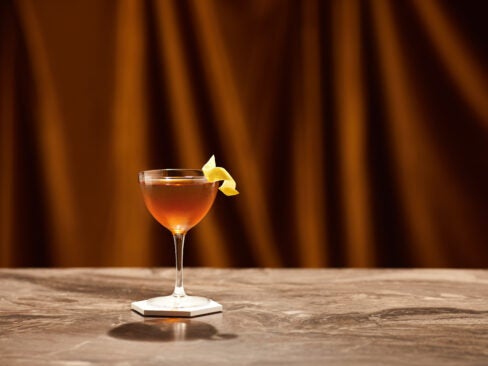Vodka has historically failed to premiumize in the same way other spirits have. The industry had struggled to make the case that consumers should invest in higher quality, but shifting preferences has seen premium vodka begin to differentiate itself.
In 2002, high end and super premium vodka made up just a quarter of the bottles sold in the United States, with value vodka commandeering almost half of the market. But strong growth over the past 20 years for premium, while value has grown by just 25%. In fact, in 2018, high end and super premium vodka overtook value to be the highest selling category by volume. In 2020, sales grew by 8% year on year to sell almost 30 million bottles.
By value, the higher-priced products are also seeing strong growth. While the overall gross revenue of the US vodka market grew by 5% between 2019 and 2020, high end and super premium vodka grew by 7%. Experts attribute this growth to the rise in demand for wellness and sustainability-centered products.
In the past, premium vodkas have struggled to differentiate themselves, as it isn’t an aged product like whisky, and the taste difference can be nuanced. “The differing taste profiles between standard and premium vodka brands are so nuanced that the average consumer doesn’t feel the need to trade up to premium-and-above offerings,” says IWSR research director Adam Rogers.
!function(){“use strict”;window.addEventListener(“message”,(function(e){if(void 0!==e.data[“datawrapper-height”]){var t=document.querySelectorAll(“iframe”);for(var a in e.data[“datawrapper-height”])for(var r=0;r<t.length;r++){if(t[r].contentWindow===e.source)t[r].style.height=e.data["datawrapper-height"][a]+"px"}}}))}();
In the early 2010s, many consumers opted to drink vodka in fruit-based cocktails, Coca-Cola or other mixers that could mask the taste of a cheaper spirit. But the past few years have seen the growth of vodka lightly flavored with botanicals or mixed with soda or tonics that allow the taste of premium vodka to shine through.
“There is a growing demand for vodka that uses botanicals and has a focus on wellness. This goes hand in hand with the modern consumer trends that seek a healthier alternative to traditional products,” says Oleg Khuzin, CEO and co-founder of Organika vodka. “Distillers are embracing the natural origins of their beverages, and are attempting to attract more mindful consumers.”
[See also: Cocktail Recipes to Try on National Vodka Day]
Organika, which prides itself on its organic, low-calorie ingredients and commitment to social responsibility, says they have seen their growth double each year since they began operations in Russia in 2016, and expanded into the US and Germany in 2020.
Allison Varone, vice president of emerging brands at Moët Hennessy, whose portfolio includes Belvedere vodka, told Beverage Dynamics that the pandemic allowed drinkers to develop their palate for spirits, and find the value in high-quality products.
!function(){“use strict”;window.addEventListener(“message”,(function(e){if(void 0!==e.data[“datawrapper-height”]){var t=document.querySelectorAll(“iframe”);for(var a in e.data[“datawrapper-height”])for(var r=0;r<t.length;r++){if(t[r].contentWindow===e.source)t[r].style.height=e.data["datawrapper-height"][a]+"px"}}}))}();
“There’s a noticeable trend in consumers trading up to superpremium spirits, and vodka is not an exception,” Varone says.
Khuzin says the growing demand for high-quality spirits is matched by a demand for brands that are vocal about social responsibility, particularly among millennials and Gen Z, who are becoming an increasingly powerful consumer group.
“As younger generations reach drinking age, they no longer wish to buy from established brands who have shown themselves to lack these traits,” Khuzin says. “They have a preference for buying brands that give back to the world and are willing to pay for it. They will consistently choose more sustainable brands over older, less conscious brands.”










